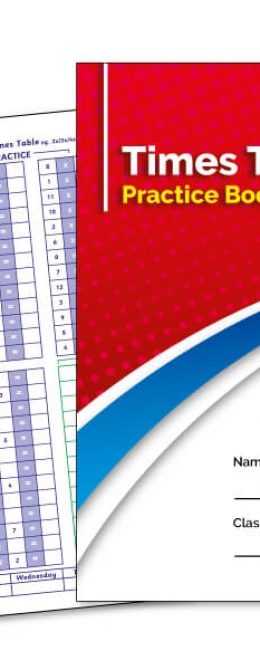Schools, Universities and Training in New Zealand
The structure of schooling is different in New Zealand. New Zealand is a true multicultural society with lots of languages and ethnicities. Schooling is generally secular in nature but there are some Islamic, Buddhist and Christian schools
Schools and Education
Without getting into too many specifics, the structure is broadly:
- Daycare for young children. This can be very costly and is not funded at all up until the age of 3. There are daycare/early childhood centres all over the place. The largest group is BestStart. Their website broadly describes the structure, fees and locations.
- At the age of 3, children are entitled to 20 hours free early childhood education a week, irrespective of visa status, other than a visitor visa
- Primary school generally starts at 5 years old, and continues to 12 years. The first year starts traditionally near your child’s 5th birthday and is really exciting for kids. Schooling begins at primary school – the first year at primary school is referred to as ‘Year 1’. Primary school covers Years 1 to 8 if it is a ‘full’ primary school, or Years 1 to 6 if it is a ‘contributing’ primary school.
- If your child enrols in a contributing primary school, they will attend an intermediate school to complete Years 7 and 8.
- After finishing primary or intermediate school, your child will attend secondary school (also called ‘college’ or ‘high school’) to complete their final school years (Years 9 to 13). They may leave secondary school before reaching Year 13, but not until their 16th birthday.
- Your child will automatically be placed in the same school year as other children of the same age. For example, if your child is 10 years old, they will probably be placed in year 5 or 6 with other 10 year old’s
A very common question asked by South Africans, is what if the child is not English speaking. The answer is quite simple. New Zealand is a country full of immigrants, and if children from China, Vietnam and Iraq which have entirely different alphabets thrive, then Afrikaans speaking children have very few problems. Schools have very diverse language and ethnic make ups, are extremely tolerant, and nobody is left behind
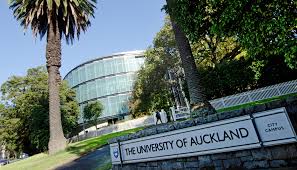
School Terms and Zones
This is very similar to South Africa with four school terms. The main difference is the summer holiday starts much later and the new school year also starts much later, to accommodate the much better weather in January.
Schools are generally zoned for families living in the immediate vicinity. So, don’t choose a school first and then a home. Do it the other way around. And, remember not to make things too difficult in terms of distance to work, or you will be living in your car in the larger cities.
You will have lots more questions such as the differences between state and private schools; home schooling, and even discipline. Check this link for lots more information.
You will be able to determine your school zone also by using a convenient web link
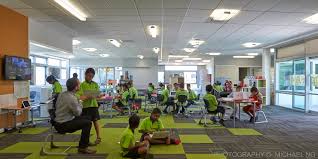
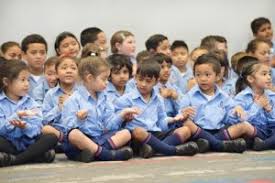

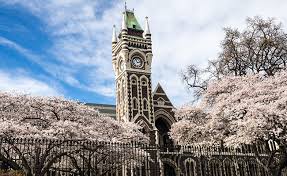
Higher Education
New Zealand has eight state-funded universities, 16 Institutes of Technology and Polytechnics (ITPs) and about 550 Private Training Establishments (PTEs), which include English language schools. Choose the type of institution that’s best for your career path: Universities offer higher degree-level education.
Universities are partially state subsidized, but there are significant fees. It is important to understand that the subsidy is only available to residents and citizens. If you are on a work visa, your university aged teenager will have to pay international fees
The latest opportunities of Apprenticeships and Internships; cater for a large range of vocational training. This will range from distance learning, to short certificate courses, to multi year diplomas and apprenticeship training. All training is subject to NZQA standards
There are eight universities in New Zealand, and many have multiple campuses. The top universities are extremely well rated internationally, with University of Otago in the top 1% in the world and Auckland University who describe themselves as New Zealand’s leading university.

